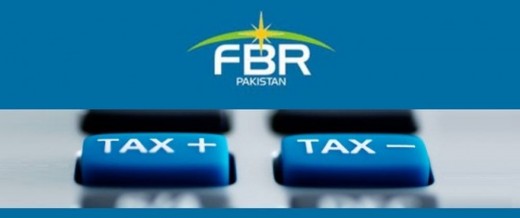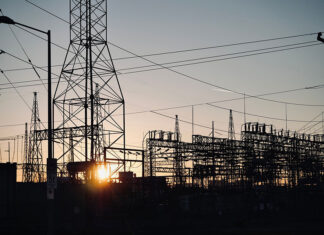ISLAMABAD— The Federal Board of Revenue (FBR) has rolled out Pakistan’s first artificial intelligence-based Customs Clearance and Risk Management System (RMS), a development aimed at automating tax processes and reducing manual oversight in import-export operations.
The system, introduced under the direction of Prime Minister Shehbaz Sharif, was unveiled during a review meeting on FBR reforms held at the Prime Minister’s Office. Officials briefed the meeting that the AI-powered RMS will assess the cost and classification of goods using bots and machine learning tools. It is designed to improve over time by continuously learning from trade flows and risk profiles.
Initial testing showed notable results, with a reported 92% improvement in overall system performance. The RMS enabled the clearance of 2.5 times more Goods Declarations (GDs) through the green channel while identifying 83% more GDs for tax collection compared to the previous system.
FBR officials said the AI integration would bring transparency to the customs process, cut human involvement, and help streamline trade for the business community. It is expected to save time and improve the accuracy of import-export valuations.
Prime Minister Shehbaz Sharif termed the automation of tax collection a top government priority. “Reforming the FBR is essential. By automating the tax system, we are increasing both transparency and efficiency,” he said. He further instructed that the RMS be made sustainable and fully integrated into FBR operations.
The briefing also included updates on another automation effort using video analytics to enhance tax recovery in the manufacturing sector. Officials reported that this system achieved 98% efficiency in initial trials and could significantly improve revenue collection by reducing the need for human interaction in enforcement.
Both initiatives are part of the government’s broader push to digitise tax administration and reduce leakage across the fiscal system.























